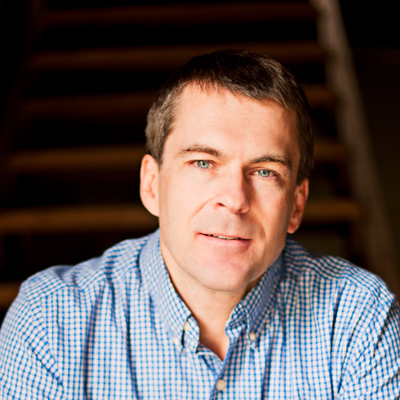
According to a popular parable, an architect asked three bricklayers what they were doing. One said, “I’m working”; the second answered, “I’m building a wall”; but the third responded, “I’m constructing a cathedral.” Sometimes attributed to the great British architect Christopher Wren, the anecdote effectively illustrates the role of purpose in dignifying labor.
It also helps illustrate the doctrine of vocation. Whereas prior to the Reformation, “vocation” was used to refer to those with religious orders, Reformation thinkers refuted the supremacy of the spiritual over the secular. By emphasizing the priesthood of all believers, they suggested that all persons can glorify God regardless of whether they labor as monks or masons.
Today, we need the doctrine of vocation as much as ever but for mostly different reasons. Whereas Luther argued that “vocation” ought to include labor, today’s secularized version of the work ethic reduces vocation to nothing but labor. Instead of holding too low a view of work, many students suffer from careerism, associating work not so much with service as with self-fulfillment.
At Chesterton House, we teach that an individual’s calling is a response to God’s calling. It’s a liberating frame of reference because it reframes our work as worship. Some churches and ministries encourage young graduates to spend a year or two doing missions work before settling into a career. But to suggest, implicitly or explicitly, that missions work is somehow superior to other work is to undo the Reformation doctrine of vocation. By contrast, all of our discipleship and discussions encourage students to consider the ways they can serve and glorify God in a plethora of possible paths–as engineers and entrepreneurs, public servants or even professors.
Thinking of our calling as a response to God’s calling also expands the notion of calling to include all of life. “The word vocation is a rich one,” writes our recent guest Steven Garber, “having to address the wholeness of life, the range of relationships and responsibilities. Work, yes, but also families, and neighbors, and citizenship, locally and globally—all of this and more is seen as vocation, that to which I am called as a human being, living my life before the face of God.” Or as Os Guinness puts it in The Call, “everyone, everywhere, and in everything lives the whole of life in response to God’s call.”
Given the current interest in poverty and justice issues (see “The Church on a Justice Mission”), part of our task is to help students discern their vocation in light of their desire to effect positive social change. A helpful rule of thumb in this regard is Frederick Buechner’s famous quip that “The place God calls you to is where your deep gladness and the world’s deep hunger meet.” (For a compelling illustration of this principle see The Hole in Our Gospel, in which Richard Stearns ’73 tells of his journey from luxury china CEO to World Vision president.) Of course, interest and need are not sufficient to discern one’s vocational calling. Ability also matters. If I believe I have the gift of singing, Tim Keller says, but others don’t seem to have the gift of listening to me, then I need to reconsider. Indeed, not all are called to serve the poor directly.
The connection between poverty and vocation runs much deeper than the matter of discernment. According to Brian Fikkert of the Chalmers Center for Economic Development, Americans tend to think of poverty in material terms because we tend to be materialists. Poverty, which he describes as “the absence of shalom in all its meaning,” consists of brokenness in each of the relationships for which we were created–with God, self, others, and all creation. And because we serve creation through our work, one aspect of poverty is poverty of purpose or vocation.
Fikkert’s relational model of poverty suggests that there is wisdom in relational solutions such as “micro-enterprise development.” And micro-enterprise, along with social entrepreneurship and business-as-mission, is of great interest to students for obvious reasons. Students long to lead lives that matter–lives that are integrated rather than fragmented–and to find work that is an expression of who they are. “In part, your vocation is just you being you,” Ebony Walden recently put it. “But it is also about helping to create a new heaven and earth and bringing Christ into those places.”
As we begin a new year with the incoming class of 2016, we won’t waste any time starting this conversation. By God’s grace, we again have the privilege of encouraging a new class of students to “help create a new heaven and earth,” whether they do so as doctors, dietitians, masons, or musicians.


